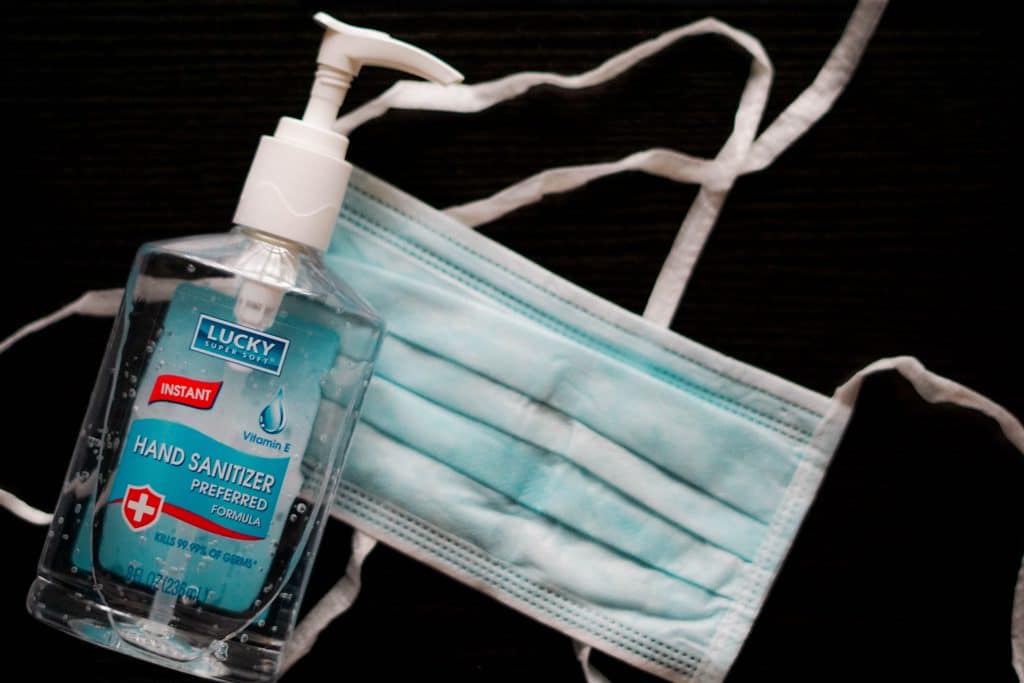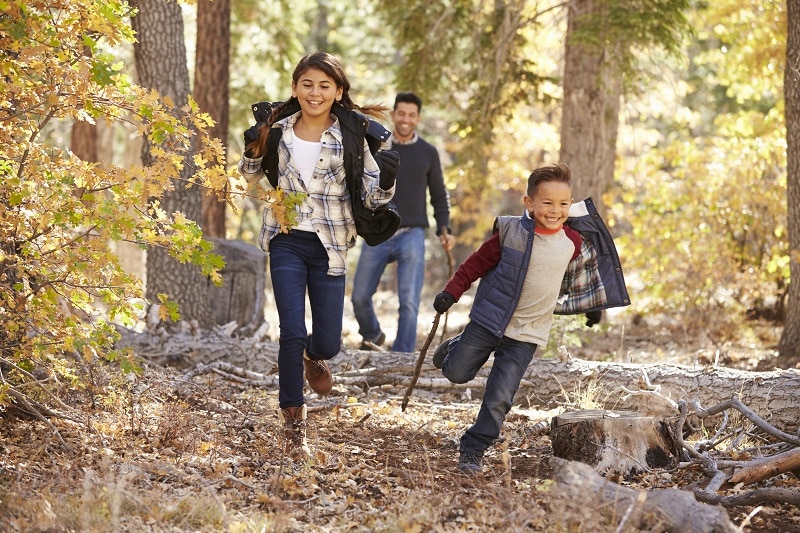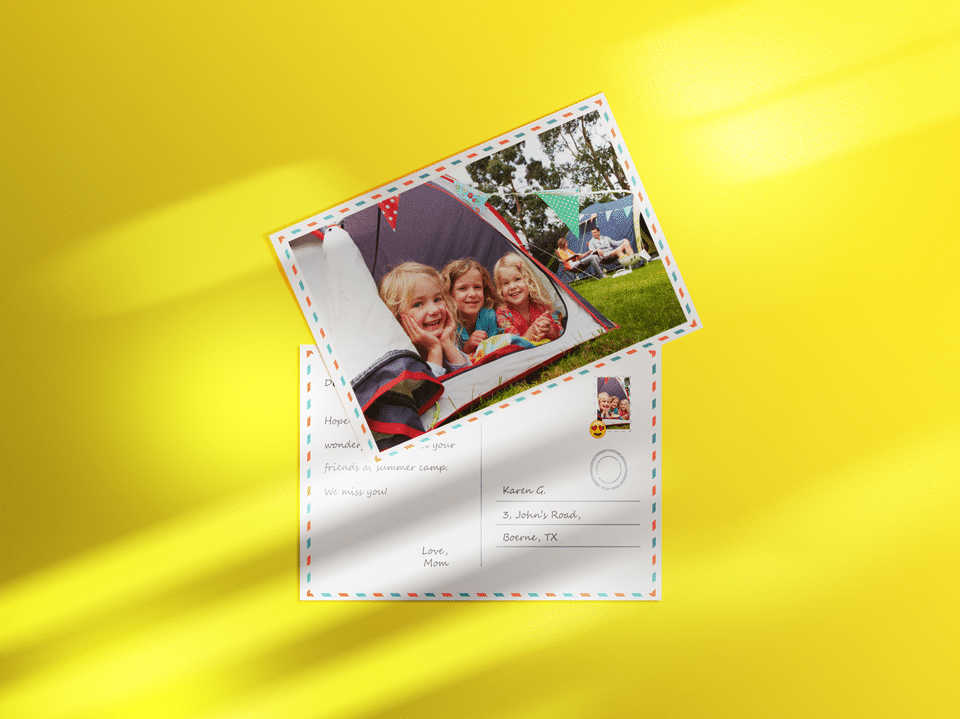
It’s that time of the year again — summertime! Of course, this year, summer plans are looking to be much different.
One summertime staple in particular has come into question — what’s going to happen to summer camps?
In April, the New York Times published the article ‘Is Summer Camp Canceled?’, and just last week, NPR published another saying summer camps may be canceled due to coronavirus.
While the landscape and regulations differ from state to state –and there may be still many questions to be answered and adjustments to be made– here are some ways that camp directors are handling the unusual circumstances surrounding summer of 2020.
Virtual Camps

Since the school season was just completed virtually, one of the more obvious solutions for a limited or closed camp season would be to take it virtual. Doing so helps campers stay connected, and eases some of the burden on parents to find ways to entertain their kids for the summer.
Some camps are offering “virtual bunks,” which are small groups of campers and counselors that meet virtually and participate in some of the activities they would normally do at camp — bringing the magic of camp silliness right into the campers’ homes during a time that can otherwise be stressful and isolating. At the very least, virtual camps could offer a safe space for kids to be themselves and talk about how this pandemic has affected them with kids and counselors that they trust and have a relationship with.
Some organizations have been compiling resources to help navigate the virtual camp arena. The ACA has a directory of 2020 Virtual Camp Listings to help families find a good fit for their needs and budgets. Meanwhile, the Redwoods Group has Guidelines for Virtual Youth Programs to help camps that want to make the leap to running virtually.
Connection over content

In a time where quarantine lifestyle seems to be the new normal, actual connection has become a highly valued asset.
Being virtual can sometimes hinder the natural connection that would happen in a physically present group, but there are ways to remedy that. Whether it’s staff training that has to happen virtually now, or “virtual bunks” as mentioned before, there are some creative ways to build up rapport and increase comfort levels.
Asking questions is a great way to get people talking, but in order to build true connections, those questions must be more engaging than “How are you?” or simple yes and no answers. Go Camp Pro has compiled a helpful PDF with Engaging Questions & Icebreakers to help groups get closer online. They include everything from fun questions and games to deeper questions about handling self-care.
Another great resource is Playmeo, where games can now be filtered to only include virtual options.
Fundraising during hard times

The shutdowns have created a financial burden on many businesses, and camps are no exception. Many camps are facing the stress of lower enrollments and cancellations while still trying to pay the bills. Fundraising could be a great way to supplement the usual income a camp is expecting, or to bless their staff with scholarships that are greatly needed.
Fundraising might seem daunting during an economic downturn, but Marc Pitman, aka the Fundraising Coach, has published a helpful article about avoiding fundraising mistakes during a recession. While he says fundraising right now is definitely a challenge, it’s certainly not impossible.
Waldo also has a fundraising model to help camps raise more money. Waldo-fied camps have the option of a 50% revenue share on their photo delivery services, delighting parents while raising funds at the same time.
Get a demo here on how to use Waldo for fundraising.
Operating restrictions

Depending on state and local jurisdictions, in-person summer camp might still be happening in your area. No doubt, it won’t look the same as summers past.
A handy way to make sure camp runs smoothly despite the restrictions is to reference the ACA field guide for camp operations this summer. They’ve summarized the CDC’s guidance for what camps should be doing (or not doing) when they are open.
Many of the restrictions are an effort to reduce the amount of physical contact being made at camp. They may include keeping campers in smaller groups, not allowing contact sports, no visitors, and staggering the dining schedule to allow for more physical separation.
One burning question coming up is whether the use of masks will be necessary during camp. With the current CDC recommendations that children over 2 years old wear masks in public, it is likely that masks will be a part of camp life this summer. Camps will need to be sensitive to the anxiety that kids may get from seeing masks on their counselors and friends, and take measures to be sure that campers are comfortable and understand their necessity.
Redwoods Group has compiled all their COVID-19 Resources & Updates into a downloadable document to help organizations stay up-to-date while navigating this challenging time. It’s updated weekly, so as recommendations change, so does the document.
Family camps

As mentioned in the previous section, one of the main goals of camps this summer will be to limit the potential exposure to the virus. As stay-at-home orders have taught us, physical distancing is one of the most effective ways to limit exposure, but that might not be so easy at a summer camp.
This creates a unique opportunity for family camps to really thrive this summer. By having groups separated into families (that already live in the same household), the potential for exposure is greatly decreased.
For example, if 100 attendees are all coming from 100 separate families, that could result in a lot of contact. On the other hand, if a family camp has four members attending from 25 different families, then the headcount remains 100, but there are fewer separate clusters gathering.
Keeping in touch
Whether your camp is full speed ahead or going virtual, staying in contact with your families is essential to keep your brand on their radar. One fun example is this entertaining survey that Camp Tamarack sent to check in with its families.

Research has found that personalized direct mail may actually still be a great way to reach your audience. According to our latest research on the power of personalized direct mail, 55% of people said they were more likely to open and read their direct mail, 32% were more likely to trust direct mail over online marketing campaigns, and companies see up to 135% increased response when a person’s name is included in a direct mail with full color.
This proves that people may be very much open to physical prints as an outreach versus digital mediums, so a personalized postcard from your camp could be a great way to make campers and families feel special and keep that relationship positive.
Stay safe
Camp directors have a lot to consider during this current crisis, and no doubt there are a lot of hard decisions left to be made. However your camp is proceeding this summer, Team Waldo wants to wish you and your campers a safe and healthy summer.